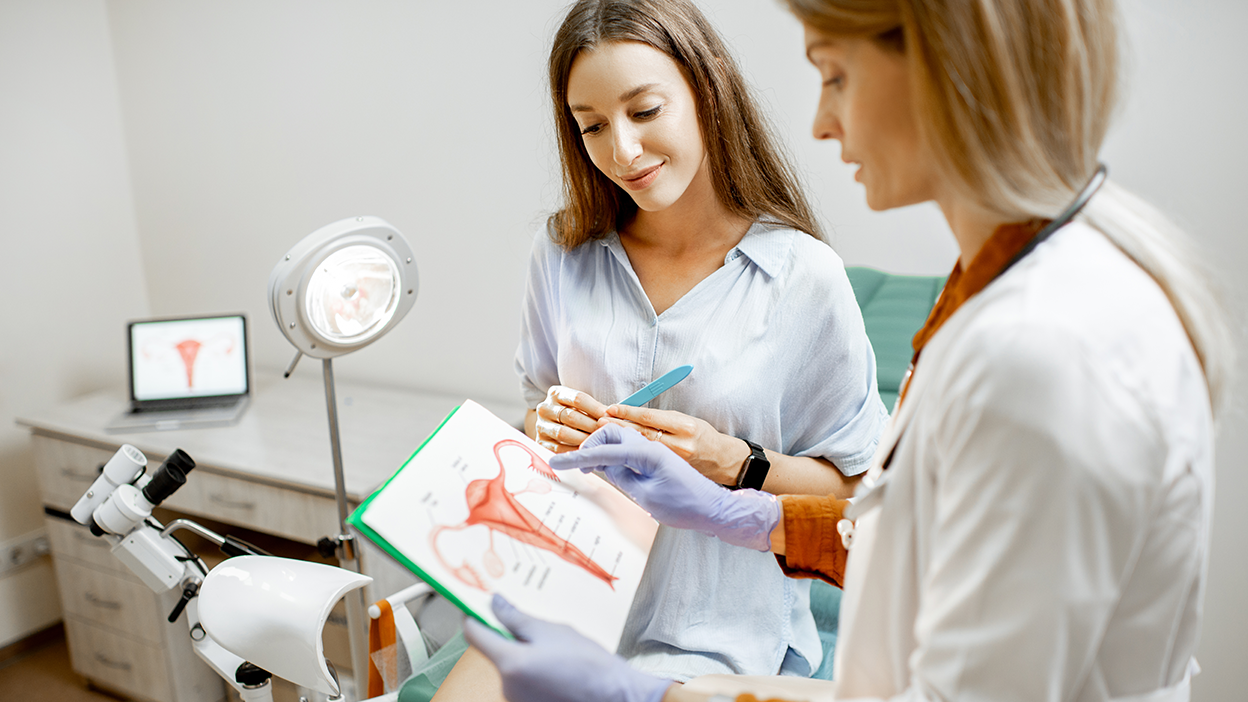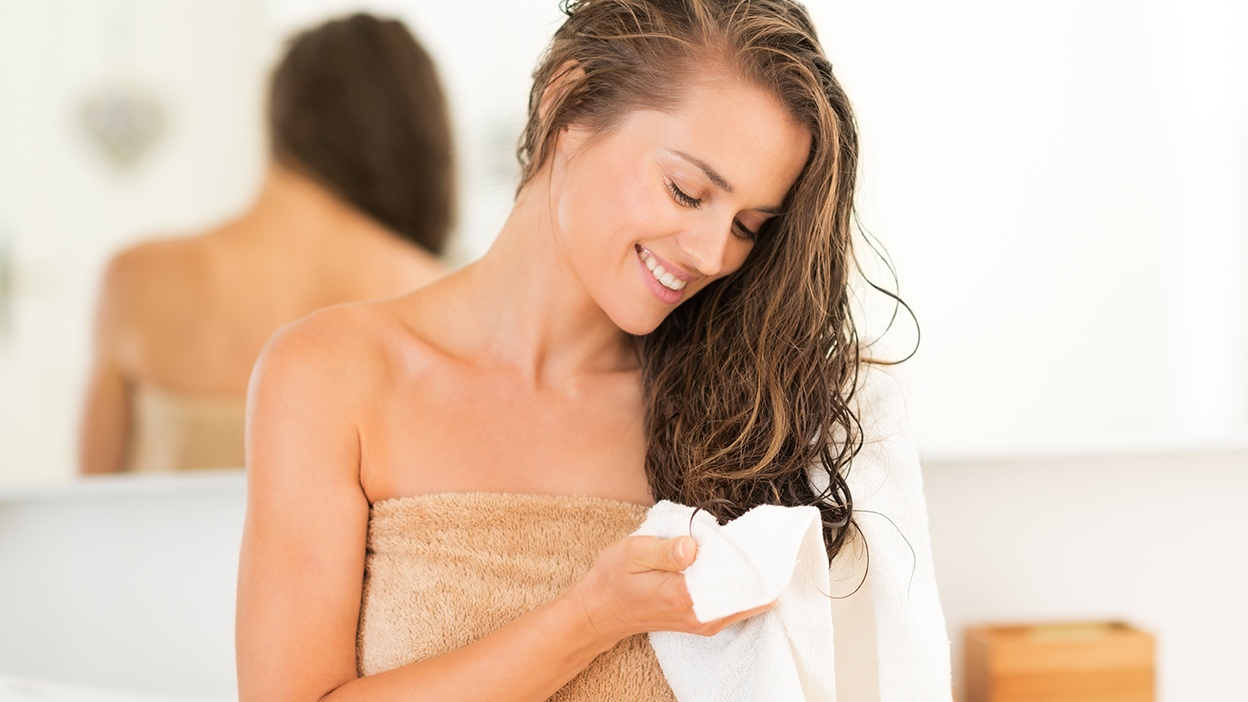Your Guide to Visiting the Gynecologist
Intro
The first visit to the gynecologist can evoke a mix of emotions – anticipation, anxiety, embarrassment, and curiosity. It's a significant step towards proactive health management and self-care. Understanding what to expect can help ease the nerves and make this vital healthcare experience more comfortable and productive.
Article
The first visit to the gynecologist can evoke a mix of emotions – anticipation, anxiety, embarrassment, and curiosity. It's a significant step towards proactive health management and self-care. Understanding what to expect can help ease the nerves and make this vital healthcare experience more comfortable and productive.
Why Visit a Gynecologist?
A gynecologist is a doctor specializing in women's health, specifically, the female reproductive system. Regular visits are essential to monitor and maintain reproductive health and to address conditions like menstrual irregularities, sexually transmitted diseases, infertility, and cancers of the female organs.
When Should You Start Visiting a Gynecologist?
The American College of Obstetricians and Gynecologists (ACOG) recommends girls start visiting a gynecologist between the ages of 13 and 15 or when they become sexually active, whichever comes first. Regular check-ups should continue throughout their lives.
Preparing for the Visit
Knowing what to expect can make the experience less daunting. Before the appointment:
- Choose the Right Doctor: Find a gynecologist with whom you feel comfortable. This could be based on gender, experience, specialization, or patient reviews.
- Know Your Medical History: Be ready to provide information about your medical history, sexual activity, contraceptive use, menstrual cycle, and any symptoms or concerns you may have.
- Plan Your Appointment: If possible, schedule your appointment when you're not menstruating, as it can interfere with certain tests. However, if you have issues related to your period, you might be asked to come in while on it.
What Happens During the Visit?
The initial visit usually involves a general health check and a discussion about your medical history, sexual activity, and menstrual cycle. Depending on your age and sexual history, it may also include:
- External Genital Exam: The doctor will visually examine the vulva (external genitalia) to check for any abnormalities or signs of sexually transmitted infections.
- Pelvic Exam: Usually recommended for women over 21 or those who are sexually active, this exam involves a visual and physical examination of the reproductive organs, including the cervix, vagina, and ovaries. It may feel uncomfortable, but shouldn't be painful.
- Pap Smear: Typically part of the pelvic exam for women over 21, a Pap smear tests for precancerous or cancerous cells on the cervix. The doctor will collect a sample of cells from your cervix using a small brush or spatula.
- Breast Exam: Your doctor may perform a clinical breast exam, checking for lumps or other abnormalities.
After the Exam
Once the exam is complete, your doctor will discuss any findings with you. If you've had a Pap smear, you'll be notified of the results in a few days to a week.
Remember, your visit to the gynecologist is your time. Be open and honest about your concerns, ask any questions you have, and ensure you understand the information and instructions provided to you. Visiting a gynecologist is an essential part of taking care of your health, and you should never be afraid to advocate for your comfort and understanding.




